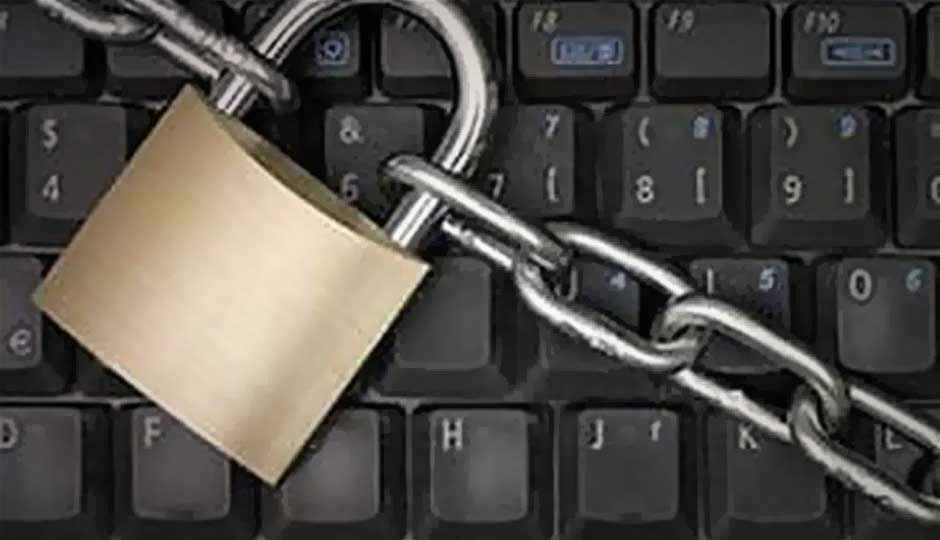On privacy: it’s not what I’m hiding (or not hiding) that matters

I see that Eric Schmidt is back in the news with an erroneous assertion that if you've got nothing to hide, you should not worry about your privacy.
I'm always stunned when a billionaire with a private life goes on about how trivial privacy is. And he is not the only one. I often hear people say, "if you are not doing anything wrong, then what's the fear?" Scott McNealy famously said, "Privacy is dead. Get over it."
All these folks miss the point time and time again. Privacy is not about just you and me. It in itself is a milieu—one that needs nurturing, not a lax attitude.
Privacy is not important because I do or do not have something to hide. I would argue that lack of privacy regulations, whether by rule or agreement, creates total societal corruption. A Soviet-style state. Orwellian, like 1984.
Privacy laws protect the public from government officials whose personal lives may be compromised, for example. Say a public official has a sister who is a hooker. Someone finds out through some slack privacy policies. Only a few people know this, but they blackmail the politician into voting for laws that do not represent the public sentiment that he or she is supposed to regard. That's a problem. It invites corruption.
This is a silly but valid example. Spies and snoops operate in the world for a reason. Are we supposed to make their jobs easier with lenient policies?
OK, how about stock market manipulation? With slipshod privacy, how easy is it to eavesdrop on certain investors to figure out what they are up to and invest ahead of the curve? Apparently nobody sees this as a problem, either.
And what is with Eric Schmidt anyway? I wonder if he is even sincere about all this. Some years back, a CNet reporter did some Googling and dug up a bunch of personal information about Schmidt, including his home address, which he then published. Not happy about this, Schmidt banned the publication from all Google events. Based on his own attitude toward privacy, why would he care?
In some cases, you do want your personal privacy protected for honest reasons. Sometimes you do have something to hide. You are working for Company A and are up for a raise. In the meantime, Company B has been talking to you about coming to work for them. If that information got back to Company A, you might not get the raise but instead get fired. It's not corrupt, but it's certainly information you'd want to protect. How does this make you a criminal? How is this something you should not do?
Or even the more mundane: you are throwing a surprise party for your wife and would like to keep it a secret. But Schmidt says, "If you have something that you don't want anyone to know, maybe you shouldn't be doing it in the first place." Really? I shouldn't be throwing a surprise party?
Is everyone completely whacked out over the simplicity of privacy and why it is important? How did protecting privacy somehow only become associated with criminal activity? By reducing the argument to the simplistic "what have you got to hide?" you have created an incredibly poisonous argument that has nothing to do with the need for privacy. How about asking whether you would you like a government camera in your bathroom? Why not? What have you got to hide?
Seriously, reject these discussions. Protect privacy because it is the right and civilized thing to do. Eric Schmidt, Scott McNealy, and the others should be ashamed of their patronizing attitude toward privacy and the public. Stop it!
Copyright © 2010 Ziff Davis Publishing Holdings Inc




